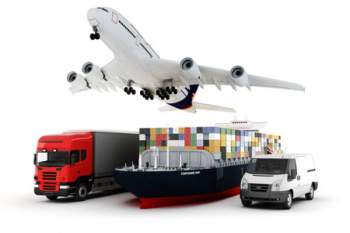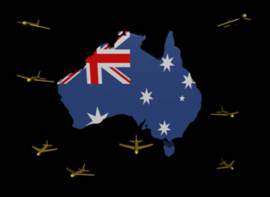
Fair Trade Overview

Fair trade is a particular type of trade that is essentially geared toward maintaining and supporting individuals that are considered to be at the lower levels of the supply chain. Fair trading, however, is meant to be beneficial for all members in the supply chain, though this particular mode of foreign trading particularly helps those at the lower levels. The concept of fair trade is usually employed for the benefit of the produces of goods in developing nations. This ideal is best noted in the case of farmers and people in the agriculture industry in foreign nations.
It has been long understood that farmers have typically been exploited throughout history, only receiving a fraction of the goods they produce and often forced to settle for substantially lower prices on the market. Furthermore, the working conditions and environment is usually well below what is considered standard in more developed nations. Fair trade is focused on providing a form of foreign trading in which such people are treated equally and fairly, and not exposed to further exploitation.
Fair trading will concentrate on factors such as worker safety and welfare, as well as securing both safe working conditions and fair wages. Fair trade products and goods will therefore usually be environmentally friendly and contribute in someway to the local communities in which they produced. Fair trading will also focus on foreign trading and the exportation of such goods to other countries. Common fair trade goods include handicrafts, coffee, sugar, tea, cotton, fruit, and gold.
NEXT: What is Maritime Law?





















